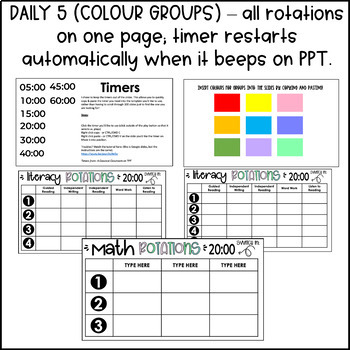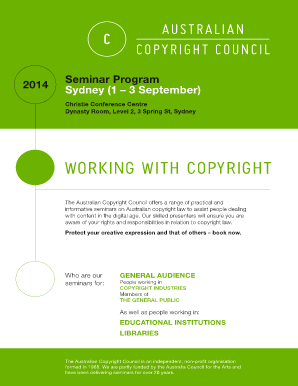

But with so many edtech options out there, what’s the best choice for your class? That’s where Edpuzzle comes in.

At the same time, technology can give students more control over the time, place, pace, and path of their learning.Ī good online station is key to this model.

In recent years, station rotation has adapted to modern times and nowadays you probably won’t see a version in action that doesn’t include an “online” station. But because kindergarteners and highschoolers have different attention spans (although it doesn’t always seem that way!), this amount of time can vary depending on age. It’s recommended that students spend anywhere between 10-15 minutes at each station. The station rotation model takes this idea but has students rotate through different stations on a fixed schedule. That way, students can learn through a variety of ways (with visual, auditory, and kinesthetic tasks for example). If you’ve ever used learning centers or stations in your class, you already understand how practical it is to divide students into small groups and have them work on varied tasks.

By the end of this article, you'll have everything you need to implement your own Edpuzzle station! What is the Station Rotation Model? We’ll take you through the key components of the model, tips for implementing it, and examples from teachers using station rotation in their classrooms. What if we told you there was a way to structure your classroom so that you could work with small groups, without needing to have a co-teacher? You’ve guessed it, that’s what the station rotation model can do! Not all teachers are lucky enough to have a co-teacher or teacher aide in the classroom, so it can be challenging to give personalized instruction and differentiate content for students. Ask teachers what things would make their teaching experience better and reduced class sizes are sure to be on the list.


 0 kommentar(er)
0 kommentar(er)
